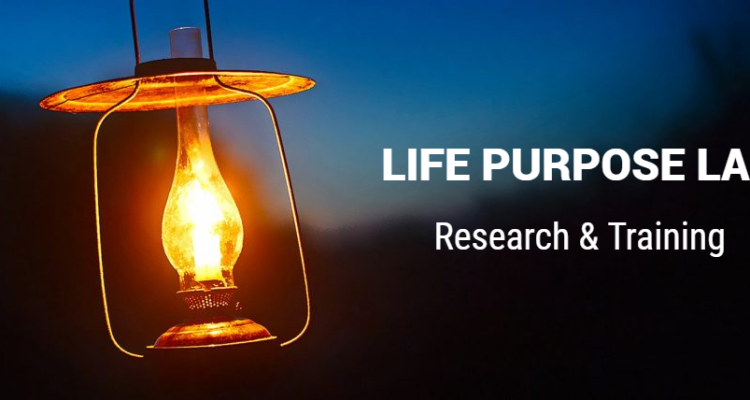As college students, it can be very easy to feel lost in such a big world. To find a purpose at the age of 18 is a feat that you don’t realize you have the rest of your life to figure out. Choosing your career versus choosing your purpose can be a very thin line that we don’t even know we’re walking on. Could your purpose be fulfilling one of your childhood dreams or making money in the world? On Storrs campus, students are able to take a Life Purpose class with Professor Eran Peterson. I reached out to him via email to get a sense of what the class is like, why he teaches it and what it means for students. The following is a transcript of that interview.
Kidd: Do you believe this class is beneficial for any undergraduate student to take? Should it be recommended for every student?
Professor Peterson: We have seen a profound impact on students reporting an increase in understanding of their purpose, their happiness, and overall life satisfaction. I believe that this content can be very influential on students early in their college career when they have a great ability to make changes and adjustments to their plans. We are currently in the process of creating new sections for the Spring semester.
Kidd: Would you like to see more students in your class?
Professor Peterson: I would love to see more students enroll in the class.
Kidd: What does a curriculum for this class include?
Professor Peterson: The course is designed to teach students how to identify what is purposeful and what is not, how to increase purposeful activities and decrease ones that are not purposeful, how to evaluate purpose, and finally how to enact purpose in their lives. The course includes an experiential component where students embark on a 4-week “purpose project” where they prototype and assess purpose in a project of their choosing.
Kidd: Is there any advice that you can give to students out there who might be struggling with finding a purpose for their life?
Professor Peterson: In the course we discover that there are many “purposes” in people’s lives and not necessarily one single “purpose”. This journey is quite introspective and fairly challenging. One piece of advice I would give is to try to always think about “why” you are living the life you are living. Knowing “why” is an important step to figuring out “how” one might live differently.
Kidd: How do you feel your work at the Center for Career Development at UConn ties into this class?
Professor Peterson: Many students enroll in the course because they think of purpose in terms of finding a career that is meaningful to them. Although one’s career oftentimes is a focus in purpose, there are many other domains that are important to students that they may have not considered as purposeful, like relationships, health, spirituality, etc. Because career trajectory is a focal point in the minds of students, this topic tends to become a central theme when students participate in reflective exercises.
Kidd: Do you feel that your life purpose is helping others find their life’s purpose? Why do you feel the need to help others get their life on track?
Professor Peterson: That is an interesting question. As mentioned earlier, there are many domains in purpose so in short, no, my “life’s purpose” is not to help others find their life’s purpose. In order to teach this course, I was required to experience the course personally. I found the course to be a major life-changing experience and wished that I had had the opportunity to participate as a college student.
Going to college is a grand change for teenagers and you may not know what you really want to
do at the age of 18. We are torn in different directions about what our parents want us to do,
what we think people want us to do and what we actually want to do. You don’t need to have it
all figured out, nobody really does at this age. This class could be beneficial if you are feeling
“lost” right now, you might not know what you want. That’s okay and we are all figuring it out.


